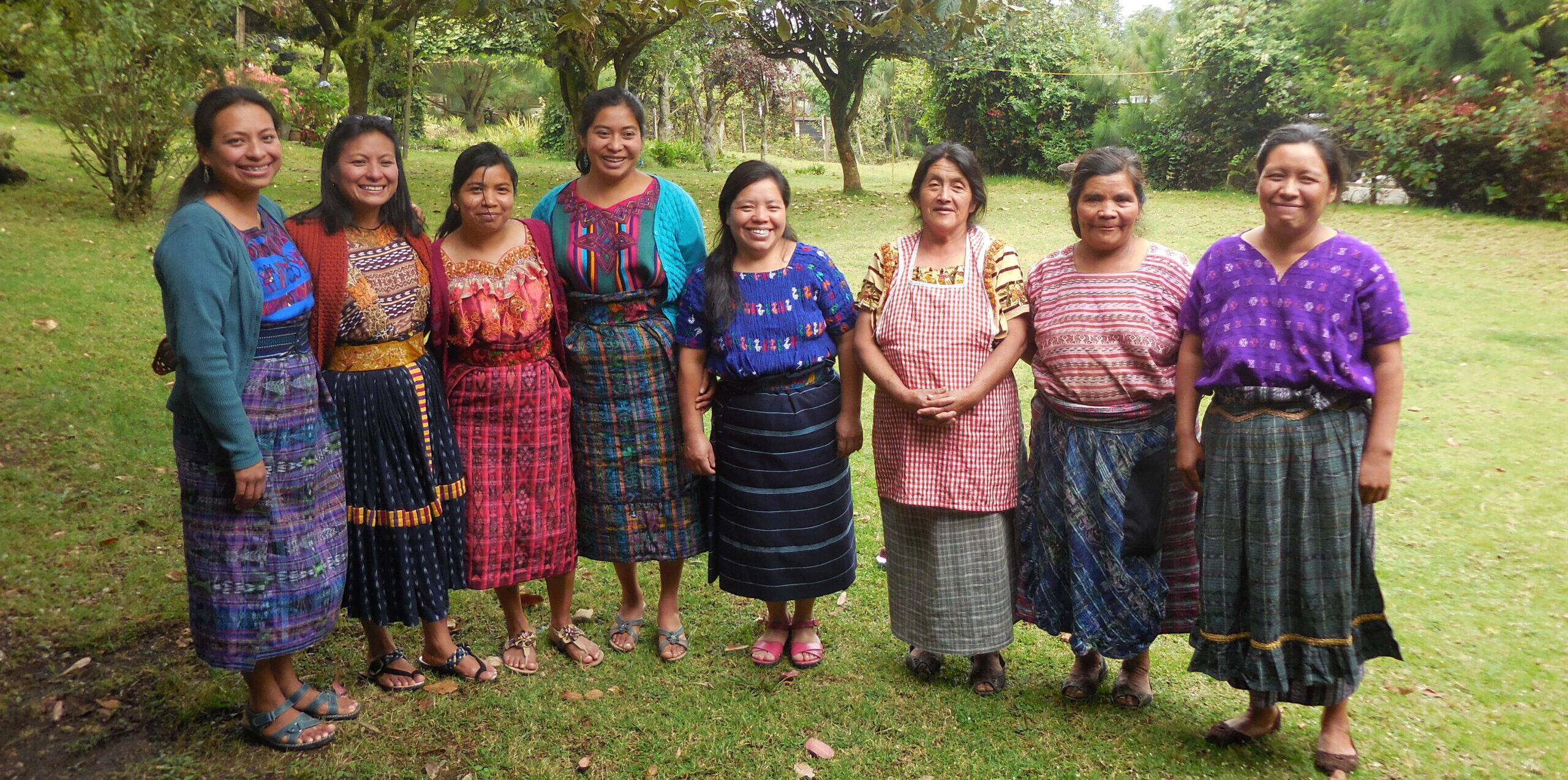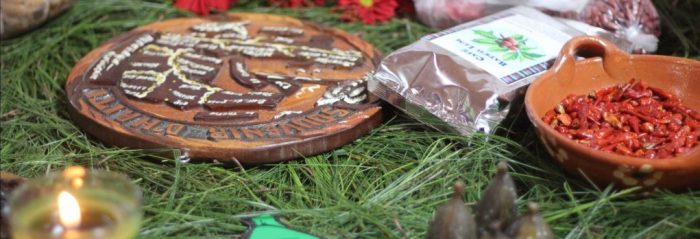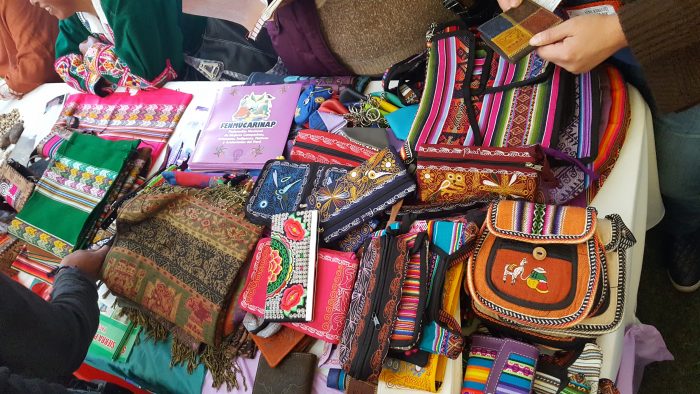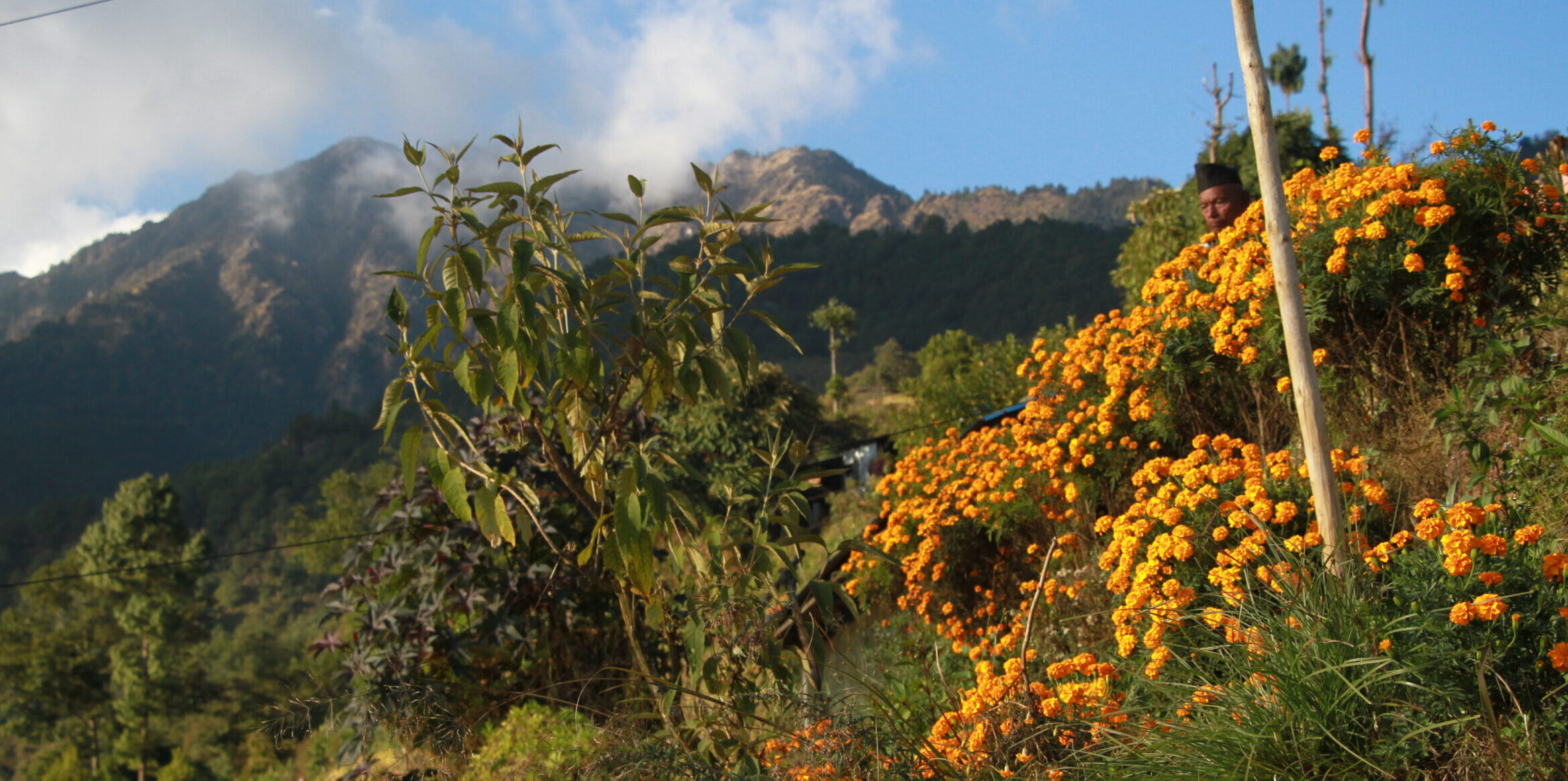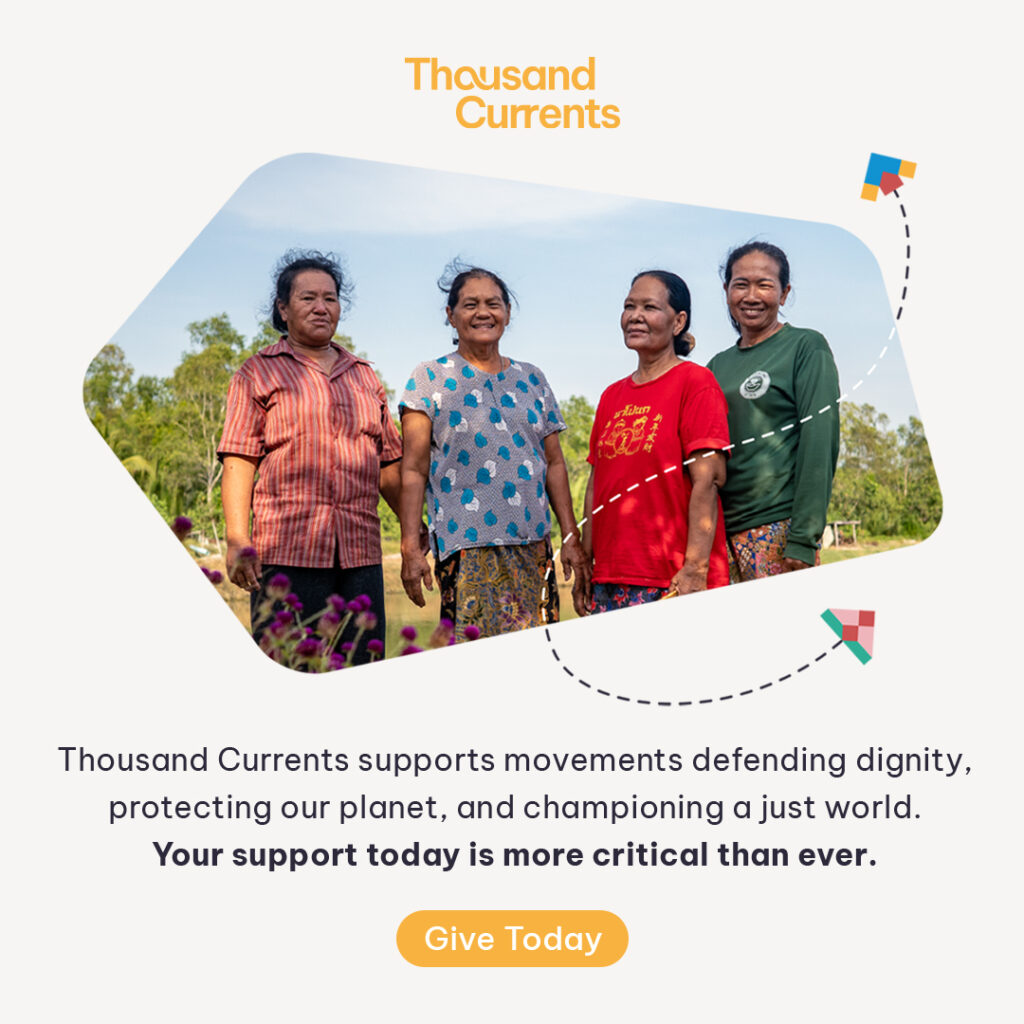A foundation partner invited Thousand Currents to submit a proposal on learning exchanges focused on food sovereignty last year.
There was no question who could host an exchange for our partners.
Our former partner, Desarrollo Económico y Social de los Mexicanos Indígenas Social Economic Development of Indigenous Mexicans (DESMI), had had decades of experience in planning, organizing and implementing learning exchanges at all levels and scales in Chiapas, Mexico. Their areas of strength had been mostly in solidarity economy, but recently had strengthened their focus on building sustainable food systems.
We shared this funding opportunity with DESMI, knowing that learning exchanges were a tool they used to support Indigenous communities to learn more about agroecological practices. We asked them whether they wanted to carry this out at a global level, inviting Thousand Current partners from Asia, Africa, and Latin America, as well as other allies from the Americas.
DESMI agreed and quickly suggested the timeline to work on planning this global event.
Six months out, Thousand Currents and DESMI made a plan to organize bi-weekly meetings, which clarified the roles and responsibilities and developed joint goals for this event.
This wasn’t the first time Thousand Currents had worked on a learning exchange with DESMI. In 2013, DESMI organized and hosted a learning exchange on food sovereignty with 80 participants from mostly Mexico and Central America. Thousand Currents and Grassroots International invited their partners from Latin America to this event, an opportunity that was supported by the Agroecology Fund.
This experience provided an incredible set of lessons learned in what worked and what could be improved that was taken into account into this next learning exchange set to happen in August 2017.
What had successfully worked from the last time? It was pretty simple. DESMI’s strength in implementing learning exchanges.
This includes a pragmatic series of activities and responsibilities, such as developing the agenda, setting up the space, forming team committees, identification of speakers to support contextual analysis, transportation and food logistics, etc.
Pragmatism alone, however, does not a successful learning exchange make. DESMI prioritized and showcased their thoughtfulness and Buen Vivir practices through the ever-important caring-based activities such as: relationships with local allies and community members, “holding the space” throughout the learning exchange, organizing social events, listening to the needs of the participants, following the flows of the energies in the room, and being present at all times.
In this sense, the trust we all had in DESMI leading this planning process was always there. They were going to take care of all participants in the space, no matter where they were coming from, if they spoke different languages, or had different levels of awareness around the issues.
This was going to be a first for DESMI in many ways. This learning exchange would be their largest event, both in number of participants and of countries represented in one space. In addition, sharing the Buen Vivir lens was a new topic to feature in a learning exchange for them, showcasing the intersectionality of how to live your life, how to live Buen Vivir in your work, and how food sovereignty is related to so many things.
Step by step, the pragmatic steps were taken. Letters of invitation were sent out for visa applications, interpreters were recruited, and collectives for video production and for writing notes were set. The five-day event was being slowly assembled.
And step by step, the learning exchange was developed with care. DESMI named the learning exchange this year: “Lekil Kuxlejal-Ich’el Ta Muk” (Buen Vivir with Respect). This was in response to directly listening from our partners around the world in the planning process. They indicated an interest to learn not only about DESMI’s work in agroecology, but how Buen Vivir is practiced in Indigenous communities in Chiapas, Mexico.
And then, we were all there together. Over 120 indigenous and peasant farmers, movement leaders, indigenous youth, feminists, academic activists, and global grassroots funders from 11 countries had arrived.
We followed the lead of DESMI. We felt the time, and love, and intention they offered to us. We were ready to receive the experience of this learning exchange.
Because we were cared for.

